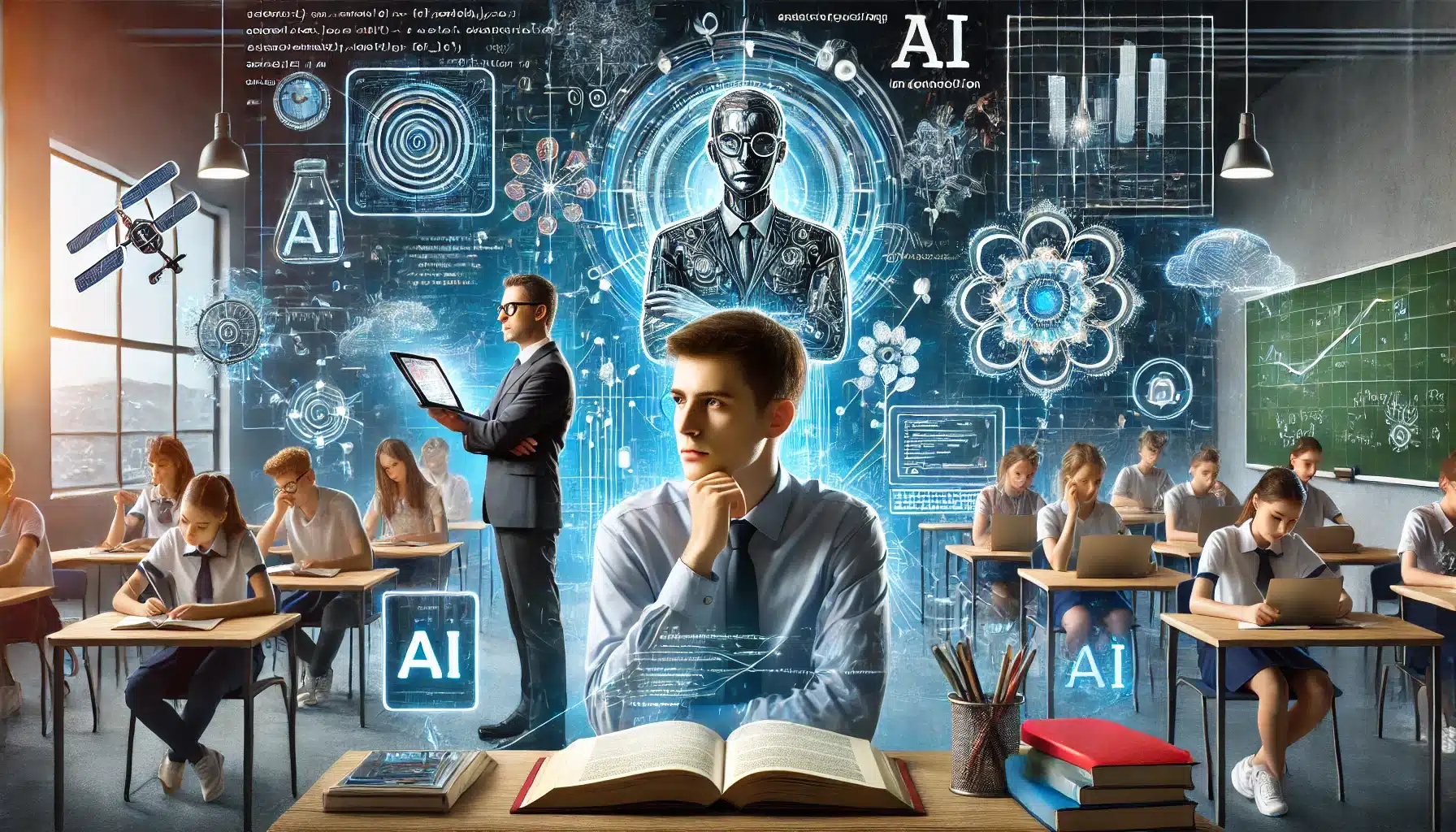Final Statement: Chinese higher education students perceive Generative AI as a multifaceted support for academic writing that enhances the writing process, improves performance, and positively affects the affective domain, despite challenges related to AI limitations, student capabilities, and task constraints.
Objective: The main goal of this study was to explore Chinese higher education students' perceptions and experiences of Generative AI-assisted academic writing, specifically examining the expected roles of AI in writing tasks, perceived advantages, and potential challenges.
Methods: The researchers conducted a qualitative study with 20 Chinese students from a Sino-British international university, spanning bachelor's, master's, and doctorate levels with varying AI literacy and English proficiency levels. Participants completed academic writing tasks using a ChatGPT4-embedded writing system developed by the research team. The researchers then conducted semi-structured interviews (60-90 minutes) to gather data on students' experiences, perceptions, and perspectives. Data was analyzed using both inductive and deductive thematic analysis.
Key Findings:
- Students expected GenAI to serve in three primary roles:
- Multi-tasking writing assistant (search engine, thought provoker, entry-level writer, proofreader)
- Private virtual tutor on-demand
- Digital peer providing social support during the writing process
- Students identified several advantages of GenAI-assisted writing:
- Productive writing process - AI enhanced ideation, planning, drafting, and revision stages
- Improved writing performance - Better quality, faster writing speed, and expanded topic knowledge
- Enhanced affective domain - Increased joy in writing, fostered question generation, provided perceived support, and promoted self-efficacy
- Students highlighted multiple challenges with GenAI-assisted writing:
- AI-related limitations - Hallucinations, lack of contextual understanding, absence of higher-order thinking, limited human awareness, poor cultural awareness in language, inadequate relationship and pedagogical skills, lack of interoperability and explainability
- Student-related barriers - Insufficient AI literacy, negative attitudes toward AI, limited higher-order thinking, inadequate task topic knowledge, and deficient writing skills
- Task-related constraints - Time limitations affecting effective interaction with AI
Implications: This study contributes to understanding GenAI's impact on academic writing by capturing student perspectives, offering implications for both educational AI design and instructional approaches. The findings suggest:
- Need for developing human-centered AI in education that prioritizes students' needs, characteristics, and experiences
- Importance of cultivating student capabilities in prompt engineering to effectively communicate with AI systems
- Value of fostering higher-order thinking skills to optimize AI-assisted learning
- Potential for applying post-humanist theories like Actor-Network Theory to conceptualize student-AI interactions as a symbiotic relationship
The research indicates that while GenAI can significantly enhance the academic writing experience, its implementation requires careful consideration of both technical capabilities and pedagogical integration.
Limitations: The study has several limitations:
- Small sample size of 20 Chinese students from a single international university, which may not fully represent diverse student perspectives
- Participants' one-time interaction with the research team's system may not reveal perceptions that evolve with extended use
- Context-specific findings from a Sino-British university environment may limit generalizability
- Focus on Chinese students may not capture perspectives of students from different cultural backgrounds
Future Directions: The researchers suggest future research should:
- Employ quantitative methods with larger sample sizes and diverse student populations
- Examine different learning tasks beyond academic writing (argumentative discussions, creative writing)
- Consider various student characteristics (attitude toward AI, interaction fluency)
- Implement longitudinal research designs in actual classroom settings to explore perception changes over time
- Utilize qualitative data analysis software or text-mining techniques for alternative data analysis approaches
- Develop comprehensive theoretical frameworks for understanding student-AI interactions in educational contexts
- Integrate insights from cognitive and behavioral learning theories to inform AI design in educational settings
Title and Authors: "Exploring students' perspectives on Generative AI-assisted academic writing" by Jinhee Kim, Seongryeong Yu, Rita Detrick, and Na Li.
Published On: July 31, 2024
Published By: Education and Information Technologies (2025) 30:1265–1300, a Springer journal.
